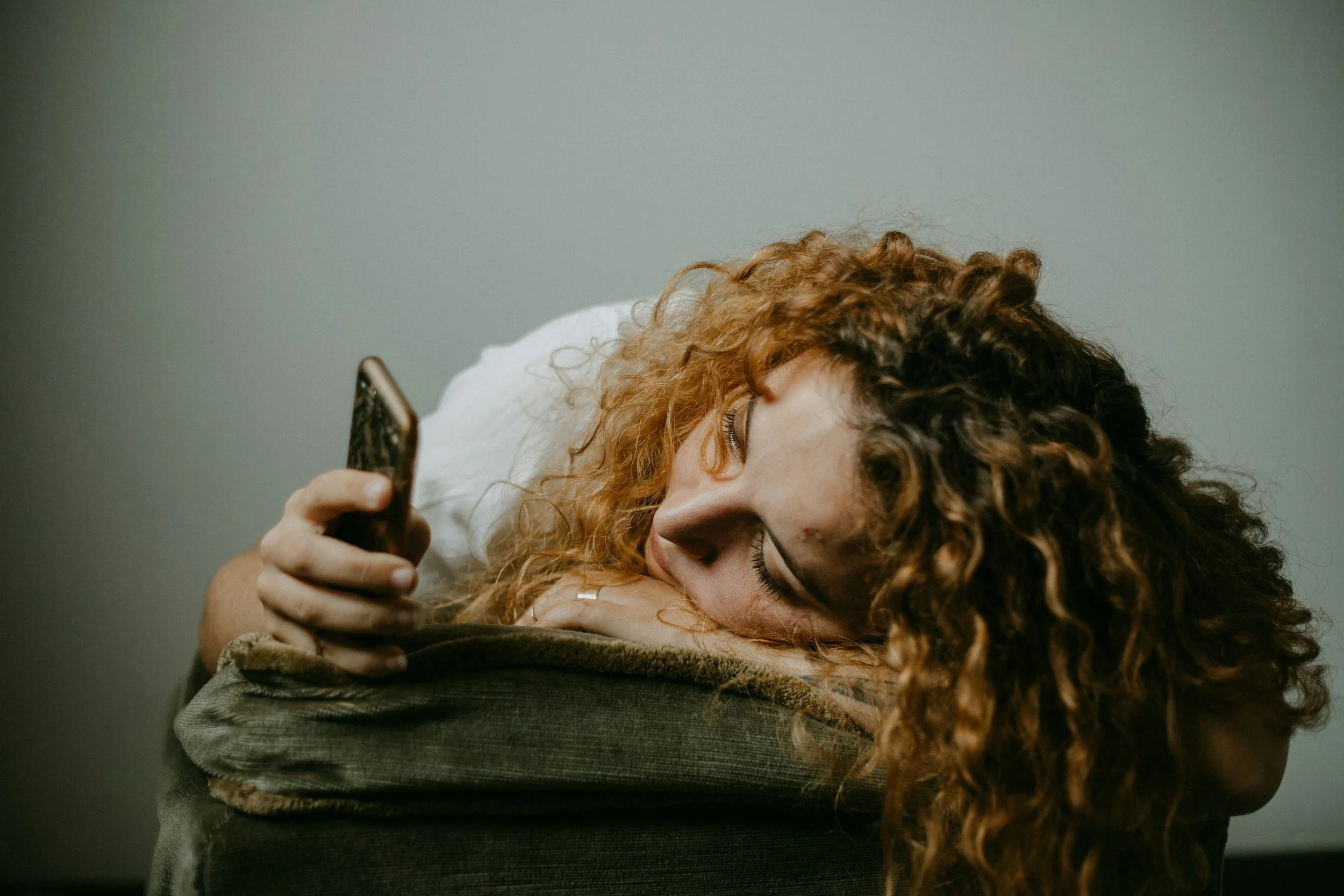Social media and mental health: does your feed offer connection, or only comparison?
Photo by Sinitta Leunen on Unsplash
In today’s world, scrolling is part of daily life. TikTok, Instagram, and other platforms can connect us with friends, share inspiration, and even spread mental health awareness. But social media also has a complicated relationship with our well-being. For many people, the same apps that provide connection can also fuel comparison, anxiety, and disconnection from real life.
Understanding how social media shapes our mental health is the first step to building a healthier relationship with it.
Social media is a double-edged sword.
Connection and community: Social media makes it easy to stay connected with loved ones and find people who share your interests or struggles. For those who feel isolated, this can be a lifeline.
Comparison and self-doubt: At the same time, platforms are built on highlight reels. Seeing curated success, beauty, or achievement can trigger feelings of “I’m not enough,” fueling perfectionism and self-criticism.
Information and overload: There’s endless access to learning, news, and awareness campaigns. But too much input can feel overwhelming, especially when negative stories dominate the feed.
Expression and pressure: Social media gives us space to share our lives creatively. Yet it can also create pressure to post, perform, and measure worth through likes and follows.
Why this matters:
Because social media is woven into daily routines, its influence is subtle but powerful. Small moments of comparison, over time, can shape how we view ourselves. Constant exposure to distressing news can leave our nervous system on high alert. Even though logging on may feel casual, the repeated effects impact mood, self-esteem, and overall mental health.
You can build a healthier relationship with social media. Here’s how:
Therapy can help uncover patterns in how we use social platforms and how they affect us emotionally. But you don’t have to wait for your first appointment. Here are some practical strategies you can use now:
Set intentional boundaries. Try time limits, app-free zones (like the bedroom), or scheduled breaks to reset.
Notice your thoughts. Pay attention to how you feel before, during, and after scrolling. If you end up feeling worse, that’s valuable information.
Curate your feed. Follow accounts that inspire or uplift, and unfollow those that consistently spark comparison or stress.
Practice mindful use. Pause before opening an app—ask yourself, “Why am I logging on right now?”
Seek balance offline. Nurture in-person relationships, hobbies, and rest that don’t rely on digital validation.
My takeaway as a therapist:
Social media isn’t all good or all bad, it’s a fact of our era. The key is learning how it impacts your unique mental health and making intentional choices about how you engage with it.
Therapy offers a supportive space to explore these patterns, reduce shame, and experiment with healthier habits. If social media feels more draining than uplifting, you’re not alone.
Hi, I’m Mason
I specialize in helping people recover from digital overload. I help with anxiety, sleep problems, attention and focus issues, burnout, and social comparison.
More:
Read Mason’s bio
Book a session with Mason

